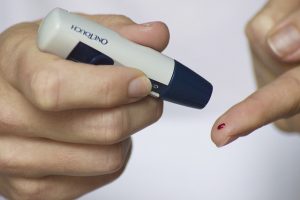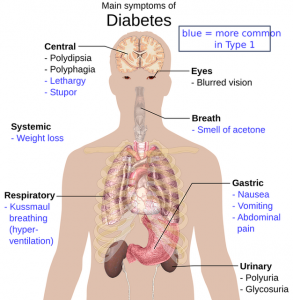Selenium supplementation and the possible risk of developing type 2 diabetes, what do we know? This is a complex issue. Many different biological, hormonal, and environmental factors have an effect on the relationship.

In a 2024 review, Demircan and a selenium research team headed by Prof Lutz Schomburg, Charité Berlin, investigated the current evidence for a relationship between selenium and type 2 diabetes. Recent evidence points to selenium intake and serum selenium status as relevant factors in the study of type 2 diabetes complications and prognosis.
Two studies based on data from the National Health and Nutrition Examination Survey (NHANES) in the United States have identified selenium intake and serum selenium status, respectively, as associated with the improved survival of type 2 diabetes patients [Demircan 2024].






